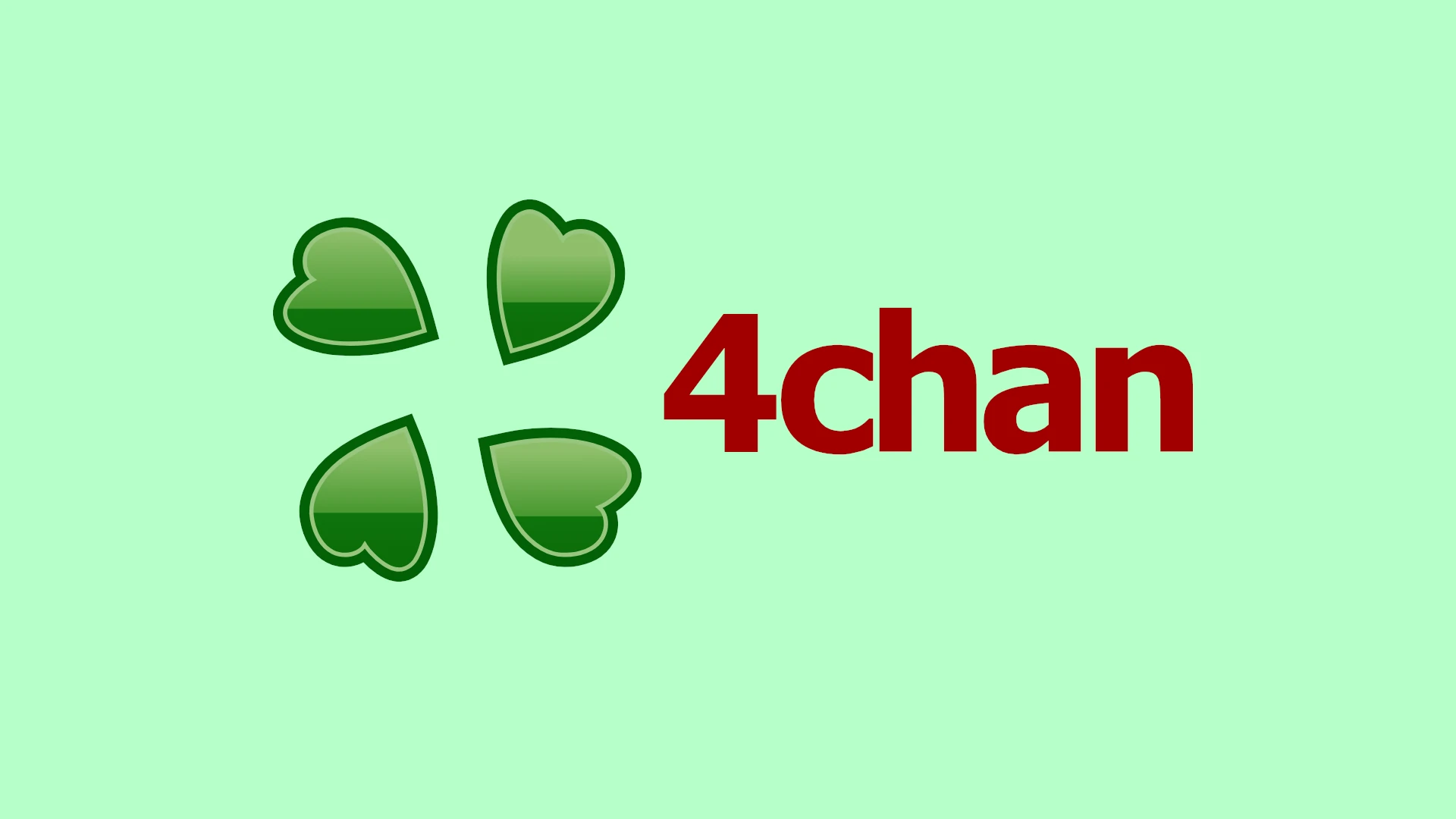The infamous imageboard 4chan has been rocked by one of the most severe breaches in its two-decade history. Over the weekend, the site was abruptly taken offline following claims that a hacker infiltrated its backend systems, exfiltrated sensitive files, and leaked the platform’s PHP source code, moderator tools, and internal emails. This wasn’t just a defacement or denial-of-service attack—it was a full-blown compromise of the platform’s core infrastructure.
Hacker Claims Year-Long Access to 4chan Systems
What makes this breach particularly alarming is the alleged duration of the intrusion. The attacker, reportedly affiliated with rival site Soyjak.party, claimed they had access to 4chan’s backend for over a year. During that time, they collected sensitive information and quietly explored administrative systems, including phpMyAdmin panels and moderation dashboards. Screenshots and sample code have since been widely circulated on forums like Kiwi Farms and Reddit, igniting debate over the site’s long-standing reliance on outdated software.
Internal Tools, Banned Boards, and Admin Accounts Compromised
As part of the breach, the hacker temporarily restored 4chan’s long-banned /qa/ board and even posted a taunting message using the admin account of Hiroyuki Nishimura, the site’s owner: “U GOT HACKED XD.” This brazen act confirmed what many suspected—this was not just a data breach but a total administrative takeover.
More alarmingly, the leaked data included dozens of moderator and janitor email addresses. Some appear to be linked to .edu and even .gov domains, raising eyebrows about who exactly has been moderating 4chan behind the scenes. If verified, this could spark investigations into the involvement of government or academic employees in running parts of a notoriously unfiltered platform.
Outdated Security Stack Likely Enabled the Hack
Security analysts have pointed to 4chan’s aging tech stack as a major factor in the breach. Publicly available information indicates the site was still running PHP 5.6, a version that reached end-of-life back in 2018. Without modern security patches and hardened infrastructure, the site was vulnerable to known exploits. The breach has renewed calls for stricter security practices—even for sites operating in the internet’s darkest corners.
A Blow to Anonymity and Trust
The fallout from this breach is significant. While 4chan has long been a hub for internet counterculture, its core promise has always been anonymity. Now, with email addresses and potentially more user metadata compromised, that promise is under threat. Many users fear that the leak could lead to deanonymization campaigns or social engineering attacks targeting moderators and power users.
Broader Implications: Could This Trigger a Cultural Shift?
Beyond the technical details, the breach may mark a turning point in how fringe internet communities are secured—or exploited. It has triggered broader conversations around accountability, transparency, and the hidden structures running platforms that often operate in legal and ethical gray zones.
While 4chan’s team has yet to release an official statement, the site remains intermittently available as administrators work to contain the damage. In the meantime, the incident serves as a stark reminder: even the internet’s most anonymous spaces aren’t immune to exposure.
Key Takeaways
- 4chan has been taken offline following a major security breach that exposed source code and user information.
- Hackers leaked PHP code and moderator emails on competing forums, revealing potential security vulnerabilities.
- The site is currently experiencing intermittent availability as administrators work to address the security issues.
Timeline of the Attack
The 4chan outage on Tuesday, April 15, 2025 appears to have been the result of a sophisticated hack that unfolded over several hours. Users first noticed problems around 4 AM UK time when the site became inaccessible.
Initial Detection of the Intrusion
The first signs of trouble appeared early Tuesday morning when users reported being unable to access the 4chan website. According to DownDetector, issues began around 4 AM UK time, with thousands of users experiencing connection problems.
The attack reportedly began when hackers gained shell access to 4chan’s servers. This is a serious security breach that gives attackers direct command-line control of the system.
Shortly after the initial breach, screenshots of what appeared to be 4chan’s source code began circulating on competing message boards. A user on one of these rival platforms claimed responsibility for the attack.
Progression and Escalation
As the attack progressed, the hackers reportedly gained access to more sensitive information. The alleged leak expanded to include:
- Private moderator conversations
- Staff emails and contact information
- Database contents
- The site’s complete source code
By mid-morning, the hackers had allegedly reopened 4chan’s /qa/ board, seemingly demonstrating their control over the platform’s functions. This action showed they had deep access to the site’s administrative controls.
The site remained down throughout the day as administrators presumably worked to secure their systems and assess the damage. No official statement has been released by 4chan’s management regarding the extent of the breach or timeline for restoration.
Technical Analysis of the Security Breach
The attack on 4chan represents a significant security incident with hackers gaining shell access to the site’s servers. This allowed them to extract sensitive data and temporarily take the platform offline.
Examination of the Leaked Source Code
The hackers reportedly gained access to 4chan’s source code, exposing the inner workings of the platform. Security experts have noted that the leaked code appears to include PHP files that power the site’s back-end functionality. This exposure is particularly troubling as it reveals potential vulnerabilities in the site’s architecture.
The source code reportedly contains database connection strings and authentication mechanisms that could be exploited in future attacks. Some security researchers have pointed out outdated libraries and poor security practices within the code base.
Hackers apparently accessed the phpMyAdmin interface, giving them direct manipulation capabilities over the MySQL database that stores user and site data.
Impact Assessment on Users and Systems
The breach has several immediate impacts on both the platform and its users. Moderator email addresses were exposed, putting these individuals at risk of targeted phishing attacks or harassment.
The site experienced significant downtime, with services working only intermittently after the attack. This suggests the hackers may have tampered with server configurations or deployed malicious code.
User data may be compromised, though 4chan traditionally collects minimal information from its anonymous users. However, IP addresses and any stored cookies could potentially be exposed.
The administrative dashboard was reportedly accessed, giving attackers control over site functions and possibly allowing them to masquerade as legitimate moderators.
Repercussions on Web Security
This incident highlights several critical web security issues that extend beyond 4chan itself. The breach demonstrates how gaining shell access can quickly escalate to complete system compromise.
Security experts point to this as a reminder that even controversial platforms need robust protection against unauthorized access. The attack method suggests potential vulnerabilities in web server configurations that other sites should review.
The leak of private IRC channels used by moderators indicates that communication systems were also compromised, showing how attackers can target multiple connected systems.
This incident will likely prompt other high-profile websites to review their security measures, particularly around server access controls and authentication systems for administrative interfaces.
Frequently Asked Questions
The recent 4chan hack has raised many concerns about data security and user privacy. Several key issues remain unresolved as the platform works to recover from this significant cyber attack.
What are the implications of the 4chan data breach for user privacy?
The 4chan data breach could expose user information if personal data was stored on the platform. Since 4chan typically doesn’t require accounts, most casual users may not face direct privacy risks.
However, moderators and administrators whose emails were reportedly leaked may experience more serious privacy violations. These individuals could face doxxing, harassment, or identity theft attempts.
The leaked source code might also reveal security vulnerabilities that could be exploited in future attacks.
Has the identity of the responsible party for the 4chan hacking incident been confirmed?
No official confirmation exists regarding who hacked 4chan. Reports indicate that someone posted claims of responsibility on a competing message board, but these claims remain unverified.
Law enforcement agencies may be investigating the incident, but no public announcements about potential suspects have been made. The motivations behind the attack also remain unclear.
What steps are being taken to secure 4chan’s infrastructure following the cyber attack?
4chan administrators appear to be working to restore the site with improved security measures. The complete site outage suggests they may be rebuilding portions of the infrastructure.
Security experts typically recommend a thorough system audit after such breaches to identify and patch vulnerabilities. This process often includes changing access credentials and updating security protocols.
The reopening of certain boards like “/QA/” mentioned in reports may indicate partial recovery efforts are underway.
Are there any official statements from 4chan’s administration regarding the breadth of the data leak?
As of April 15, 2025, no comprehensive official statement from 4chan administrators has been released about the extent of the data breach. The site remains down for many users.
The lack of communication has led to speculation about the severity of the leak. Some reports suggest that administrative emails and source code were compromised, but official confirmation is still pending.
How can individuals protect their information if they believe it may have been compromised in the 4chan leak?
Users concerned about their information should change passwords on any accounts that shared credentials with 4chan. This is especially important for moderators or registered users.
Monitoring credit reports and enabling two-factor authentication on important accounts can provide additional protection. Being alert for phishing attempts using leaked information is also advisable.
For those whose emails were exposed, increased caution regarding unsolicited messages is recommended.
What legal actions are being pursued in response to the unauthorized access and dissemination of 4chan’s source code and emails?
Legal responses to the 4chan hack have not been publicly detailed yet. Unauthorized access to computer systems violates various cybercrime laws in most jurisdictions.
The site owners could pursue civil lawsuits against the perpetrators for damages once they are identified. Criminal investigations may already be underway, particularly if sensitive personal data was exposed.
Copyright protections for the leaked source code could also form the basis for additional legal actions.







